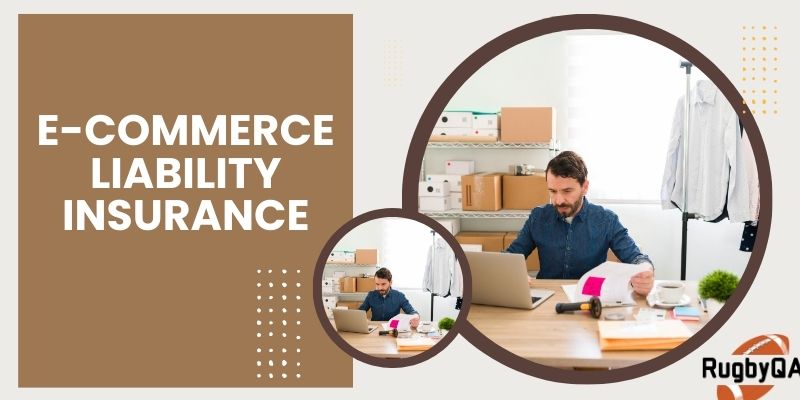Aqua Blue
Apricot
Amethyst
Azure
Alabaster
Auburn
Apple Green
Ash Gray
Avocado
Amaranth Pink
Burgundy
Baby Blue
Bronze
Blush
Burnt Orange
Bamboo
Blue Velvet
Brick Red
Banana Yellow
Battleship Gray
Coral
Cerulean
Cinnamon
Cyan
Champagne
Chestnut
Chartreuse
Charcoal
Cornflower
Copper
Denim
Dark Magenta
Dusty Rose
Dark Slate Gray
Dandelion
Deep Blue
Driftwood
Dark Olive
Dove Gray
Desert Sand
Emerald
Electric Blue
Eggplant
Ecru
Ebony
Earth Brown
Eucalyptus
Egyptian Blue
English Rose
Espresso
Fuchsia
Forest Green
Flamingo Pink
French Blue
Fern Green
Frost White
Firebrick
Fuscia
Free Speech Red
Fulvous
Gold
Green Tea
Gray
Grape
Ginger
Ghost White
Garnet
Goldenrod
Gainsboro
Grass Green
Honey
Hunter Green
Heliotrope
Hot Pink
Harvest Gold
Honeysuckle
Heather
Hollywood Cerise
Hurricane Gray
Heliconia
Iris
Ice Blue
Indian Red
Indigo
Ivory
Imperial Blue
Iced Coffee
Irish Green
International Orange
Illuminating Yellow
Jade Green
Jasper
Jasmine
Jelly Bean Blue
Jet Black
Jonquil
Juniper
Jungle Green
Jaffa
Japanese Violet
Khaki
Kelly Green
Key Lime
Kobi
Kumquat
Kombu Green
Kournikova
Kuro Green
Kingfisher Daisy
Klein Blue
Lavender
Lemon
Lilac
Lime
Linen
Lava
Licorice
Laurel Green
Lavender Blush
Lagoon Blue
Magenta
Mauve
Mahogany
Mint
Maroon
Melon
Midnight Blue
Mocha
Mulberry
Malachite Green
Navy Blue
Nectarine
Nutmeg
Neon Green
Nickel
Nimbus Gray
Nadeshiko Pink
Napa Red
Nautical Blue
Neon Carrot
Olive
Orange
Orchid
Onyx
Opal
Oyster
Ocean Blue
Old Gold
Oxford Blue
Ochre
Peach
Periwinkle
Plum
Powder Blue
Pink
Pumpkin
Pine Green
Pale Rose
Paprika
Pansy Purple
Quartz Gray
Quasar Crimson
Queen Blue
Quince
Quetzal Green
Quill Gray
Quinacridone Magenta
Quack Yellow
Quarterback Brown
Quail Green
Ruby Red
Rose
Raspberry
Royal Blue
Rust
Redwood
Robin Egg Blue
Rainforest Green
Raw Umber
Razzmatazz
Sapphire
Salmon
Sky Blue
Silver
Scarlet
Spring Green
Slate Gray
Seafoam Green
Sienna
Saffron
Turquoise
Tan
Teal
Tangerine
Tawny
Thistle
Taupe
Tomato Red
Topaz
Tropical Rainforest
Ultramarine
Umber
Ube
Unbleached Silk
Up Forest Green
Upsdell Red
Urobilin
Ultra Pink
Ua Blue
Ua Red
Violet
Vermilion
Viridian
Vanilla
Verdigris
Venetian Red
Vivid Tangerine
Vivid Violet
Viridian Green
Viking Yellow
White
Wheat
Watermelon
Wisteria
Windsor Tan
Wild Blue Yonder
Willow Green
Wenge
Wild Strawberry
Wild Watermelon
Xanadu
Xanthic
Ximenez
Xanthe
Xanthenes
Xanthine
Xenon Blue
Xanthe Gold
Xanthous
Xyston
Yellow
Yarrow
Yarn
Yabba Dabba Doo
Yucatan
Yuletide
Yellow Orange
YGrain Yellow
Zaffre
Zomp
Zinnwaldite
Zircon
Zebra White
Zomp Green
Zombie Green
Zinc
Zaffre Blue
Yes, tackling the topic of liability insurance might be scary. You’re expected to swim like a pro after being dropped into a sea of “legalese”. But it’s worthwhile to develop diving skills. After all, one of the foundational elements supporting eCommerce firms is insurance.
In addition to safeguarding you from unforeseen catastrophes, E-commerce Liability Insurance support business expansion.
The majority of traditional brick-and-mortar businesses cannot avoid scenarios like slip-and-fall accidents or property damage, but having an E-commerce Liability Insurance does protect you from these. However, shopping online is not without risk. rugbyqa.com will provide for you some information about E-commerce Liability Insurance.




